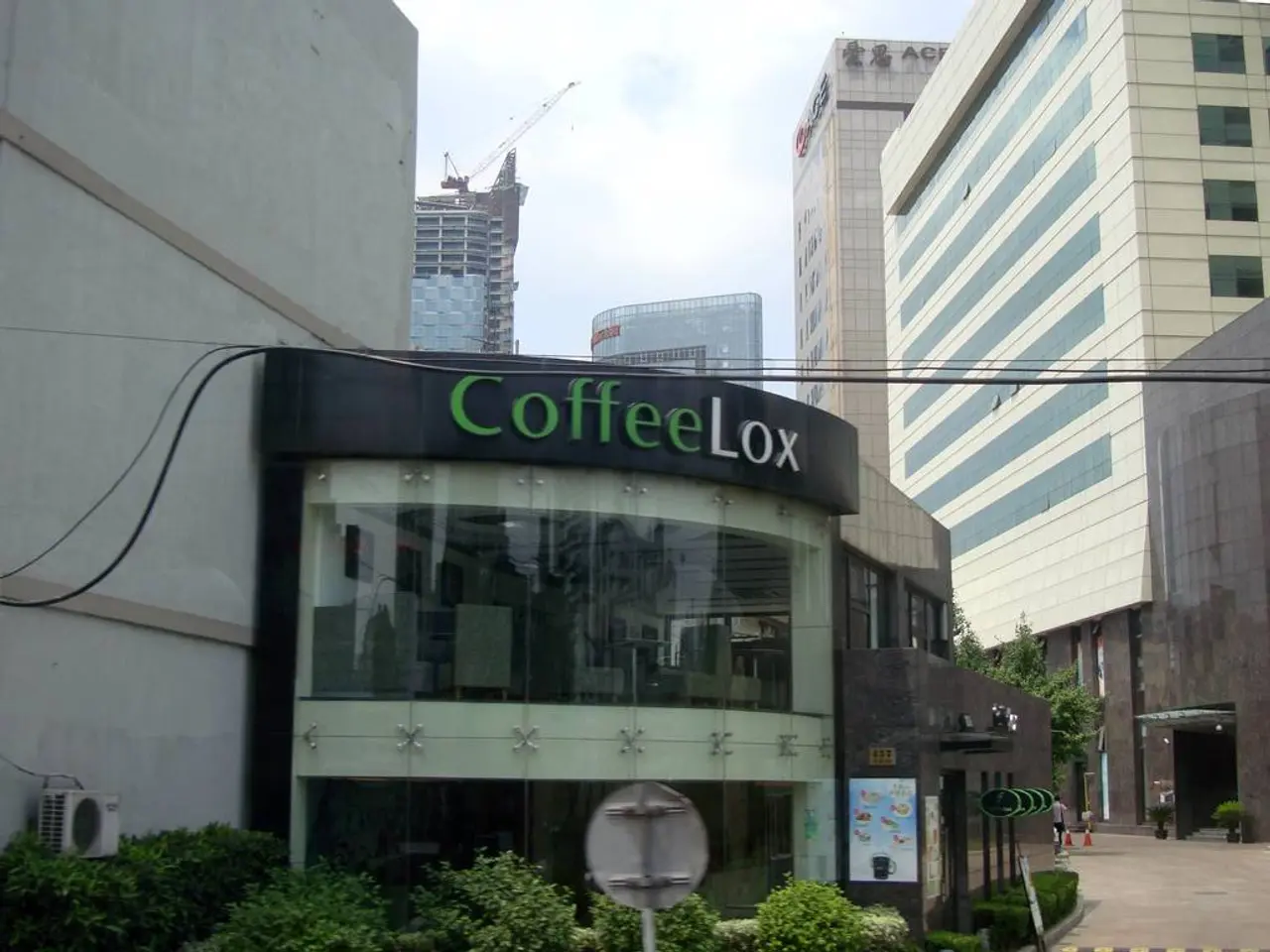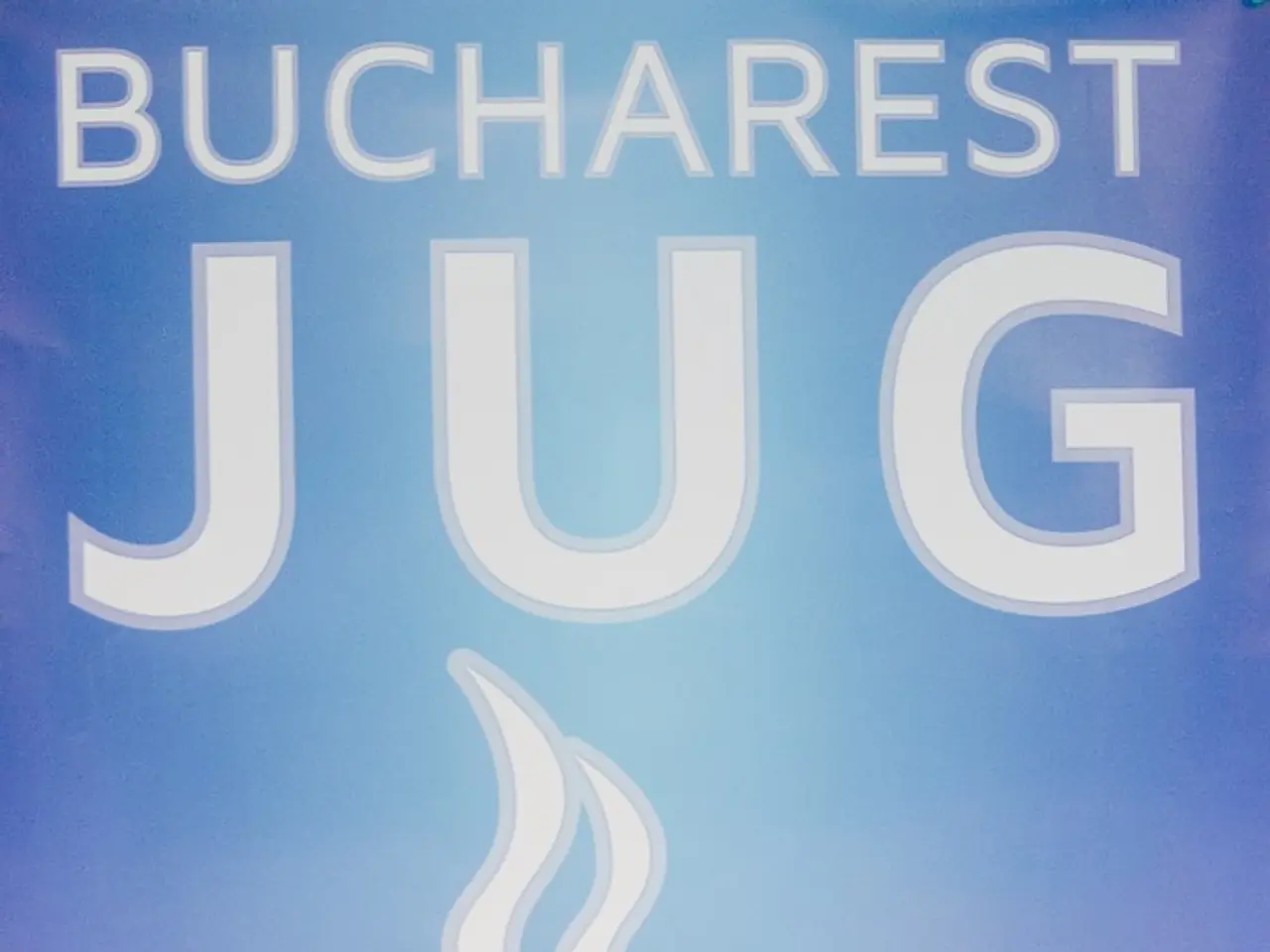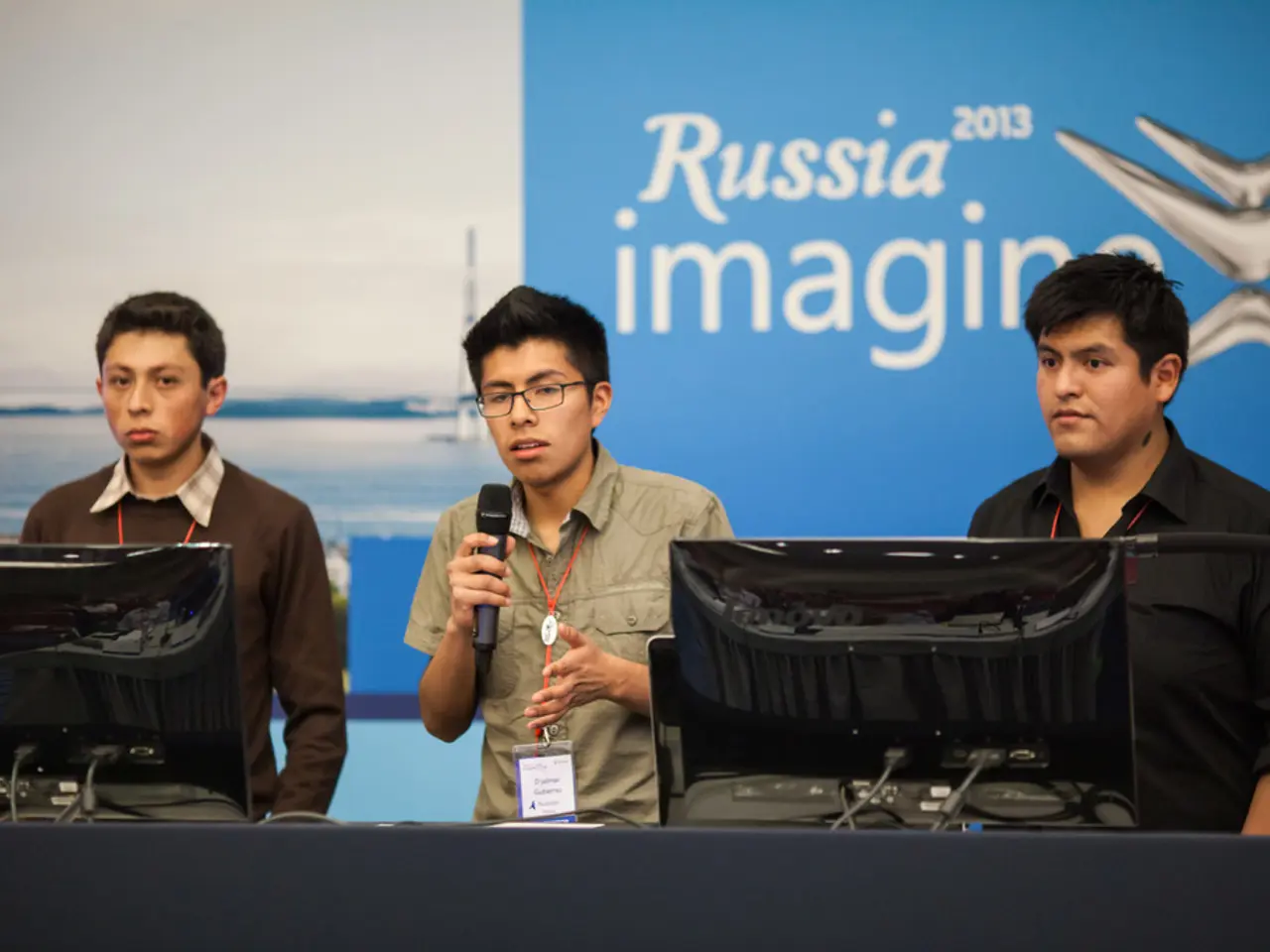Artificial Intelligence (AI) Applications Fueling Eco-friendly Material Development at Allegro-FM
Revolutionizing Sustainable Concrete Design with Allegro-FM
The cement industry, responsible for about 8% of global carbon emissions, is under increasing scrutiny due to its significant contribution to climate change. However, a new development in materials research is offering a promising solution: the use of cement as a carbon-storage material.
Researchers at the USC Viterbi School of Engineering have developed an AI model named Allegro-FM, which is revolutionizing the field. This model is designed to create concrete that not only self-heals and lasts longer but can also trap carbon dioxide from the atmosphere.
Allegro-FM is a foundation model for exascale molecular dynamics simulations, capable of handling various material simulations for diverse downstream tasks. It has been applied to a tobermorite 11Å (T11A) crystal, a calcium silicate hydrate (CSH) mineral commonly found in nature, particularly in ancient Roman concrete.
One of Allegro-FM's key features is its ability to predict "interaction functions" between atoms accurately, reducing the need for individual simulations and countless hours of calculation. This efficiency allows for the simulation of billions of atoms at once, showcasing a 97.5% efficiency when simulated on the Aurora, an exascale supercomputer.
The potential applications of Allegro-FM are vast. It can be utilized in the investigation of the nanostructure of CSH gel, self-healing cement, and durable cement design. A potential solution to reduce GHG emissions from the concrete industry is trapping the harmful gas in the concrete itself. Allegro-FM's simulations demonstrate that a "carbonate layer" can enhance concrete durability, potentially surpassing the typical 100-year lifespan of modern concrete and rivaling the longevity of ancient Roman concrete that lasts over 2,000 years.
Moreover, Allegro-FM allows for the simulation of interaction functions with the entire periodic table at the same time, which means faster simulations and more material options. This accelerated discovery process contrasts with earlier materials research reliant on serendipitous discovery and costly quantum simulations.
Other developments in AI-driven materials research are also making strides in sustainability. For instance, MIT researchers used AI to design new proteins that could potentially replace those made from petroleum and carry a significantly smaller carbon footprint. IBM's RoboRXN project combines AI, automation, and cloud to accelerate material discovery, with a focus on biodegradable polymers.
Microsoft utilized AI (Azure Quantum Elements tool) and high-performance computing to screen 32 million materials, narrowing down candidates to 18 in 80 hours for battery materials. Researchers from the U.S. Department of Energy's Argonne National Laboratory used generative AI to quickly assemble over 120,000 new metal-organic framework (MOF) candidates for carbon capture.
In conclusion, the advent of AI is transforming materials research and sustainable concrete design by employing advanced machine learning to simulate atomic interactions in materials with quantum-level accuracy at a fraction of traditional computational costs. Allegro-FM and similar foundation models accelerate the discovery and optimization of sustainable concrete by providing accurate, scalable, and efficient simulations of atomic-level phenomena that govern material durability and environmental impact, enabling a transition to longer-lasting, carbon-capturing concrete solutions.
Scientists can leverage the environmental-science field to investigate the trapping of carbon dioxide within concrete using artificial-intelligence models like Allegro-FM, reducing the cement industry's contribution to climate-change. By predicting interaction functions between atoms accurately, Allegro-FM may revolutionize the science of creating sustainable concrete, leading to concrete that can last longer, self-heal, and store carbon dioxide, potentially exceeding the lifespan of ancient Roman concrete.




